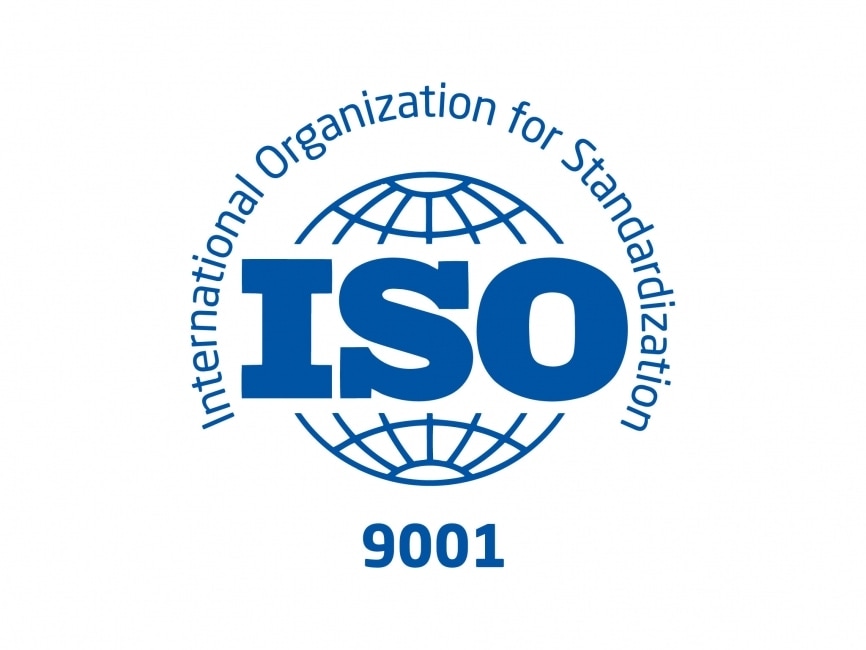
The drive behind Saudi Arabian companies pursuing ISO 45001 certification for occupational health and safety management systems is multifaceted, reflecting both regulatory requirements and a commitment to employee welfare. As the Kingdom diversifies its economy and invests in various sectors such as construction, manufacturing, and healthcare, ensuring a safe and healthy working environment has become paramount. ISO 45001 certification provides a systematic approach to managing occupational health and safety risks, which is crucial in an environment where industrial accidents can have severe consequences.
Companies in Saudi Arabia are motivated by the desire to enhance their reputation and attract top talent. By demonstrating a commitment to safety through ISO 45001 certification, organizations signal to potential employees that they prioritize health and safety, creating a more attractive workplace. Furthermore, adhering to this standard can reduce workplace incidents, leading to lower insurance costs and minimizing disruptions in operations.
Another significant factor is compliance with local and international regulations. As regulatory frameworks become more stringent, companies must align their practices with these requirements to avoid penalties and ensure operational continuity. Ultimately, the pursuit of ISO 45001 certification is a strategic decision that positions Saudi Arabian companies for long-term success while fostering a culture of safety and accountability.
Motive behind Saudi Arabian companies’ ISO 45001 certification
The motivation behind Saudi Arabian companies pursuing ISO 45001 certification for occupational health and safety management systems is driven by a combination of regulatory compliance, enhanced employee welfare, operational efficiency, and corporate reputation. As the Kingdom diversifies its economy and invests heavily in various sectors, such as construction, manufacturing, and healthcare, the need for robust occupational health and safety practices has become increasingly important. This shift underscores a commitment to maintaining a safe and healthy working environment, which is essential for both employee well-being and business sustainability.
One of the primary drivers for seeking ISO 45001 certification is compliance with both local and international regulations. The Saudi government has placed significant emphasis on improving workplace safety standards, aligning with its Vision 2030 initiative, which aims to foster a safer work environment. By obtaining ISO 45001 certification, companies can demonstrate their adherence to these regulations, minimizing the risk of penalties and legal liabilities. This proactive approach not only ensures compliance but also fosters a culture of safety within organizations.
Additionally, ISO 45001 certification helps organizations reduce workplace incidents and accidents, leading to improved employee morale and productivity. A safer workplace translates into lower rates of absenteeism and turnover, which ultimately enhances operational efficiency. When employees feel secure in their work environment, they are more likely to perform at their best, contributing to overall business success. Furthermore, organizations that prioritize safety can reduce costs associated with workplace injuries, such as medical expenses and lost work hours, leading to significant financial benefits in the long run.
Another key motivation for Saudi companies is the desire to enhance their corporate reputation and attract top talent. In today’s competitive labor market, job seekers are increasingly looking for employers who prioritize employee health and safety. By achieving ISO 45001 certification, companies can differentiate themselves as responsible employers, making them more attractive to potential employees. This commitment to safety not only improves recruitment efforts but also fosters loyalty among existing employees, as they feel valued and protected.
Lastly, pursuing ISO 45001 certification aligns with the broader global trend of corporate social responsibility (CSR). Companies that actively engage in improving workplace safety contribute to the well-being of their employees and communities. This commitment enhances their brand image and fosters trust among customers, investors, and stakeholders.
In conclusion, Saudi Arabian companies are motivated to pursue ISO 45001 certification by the need for regulatory compliance, operational efficiency, employee welfare, enhanced corporate reputation, and alignment with global sustainability trends. By investing in occupational health and safety management systems, organizations position themselves for long-term success in an evolving economic landscape while prioritizing the health and safety of their workforce.
In addition to ISO 45001 certification for occupational health and safety management, several other ISO standards can significantly enhance business operations and ensure compliance with international quality and safety requirements. Consider these relevant certifications:
- ISO 9001 certification saudi arabia: Focuses on quality management systems, helping organizations improve customer satisfaction and streamline operations.
- ISO 14001 certification saudi arabia: Addresses environmental management systems, enabling businesses to minimize their environmental impact and promote sustainability.
Implementing these standards can drive overall organizational performance and compliance.
Are you ready to enhance your organization’s safety and efficiency with ISO certification in Saudi Arabia? Our experienced certification consultants specialize in guiding businesses through the certification process for ISO 45001, ISO 9001, and ISO 14001. We provide tailored support to help you navigate the complexities of certification, ensuring you meet all requirements and maximize your operational potential. By partnering with us, you can improve your company’s credibility and achieve significant cost savings. Don’t wait to invest in your business’s future! Contact us today for a personalized consultation, and let’s work together to achieve your certification goals!







